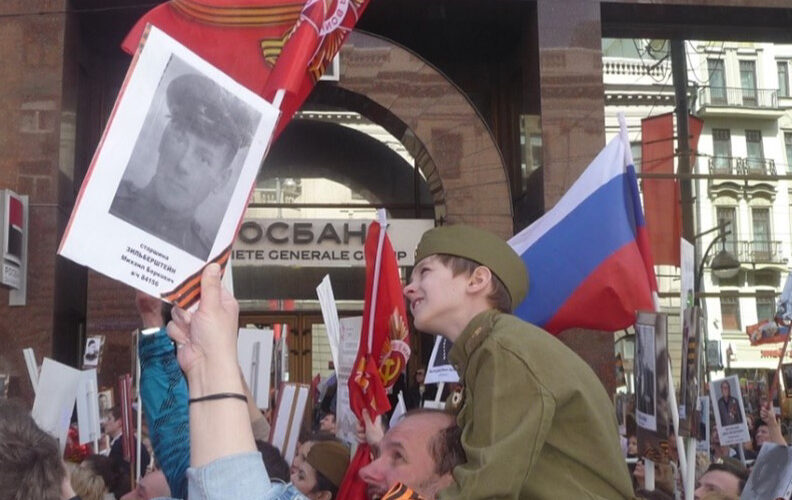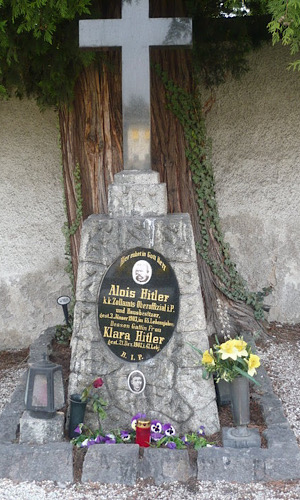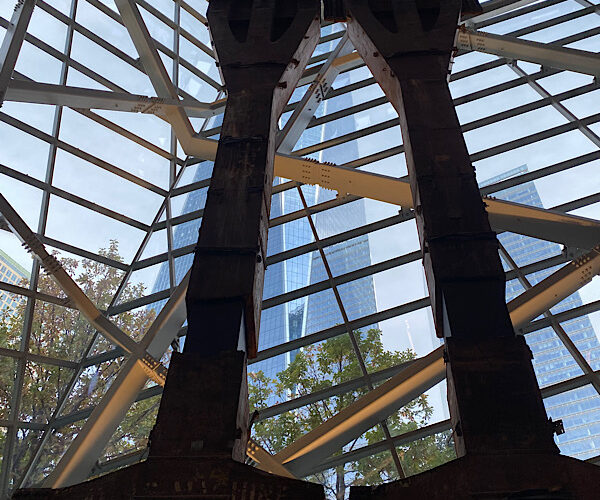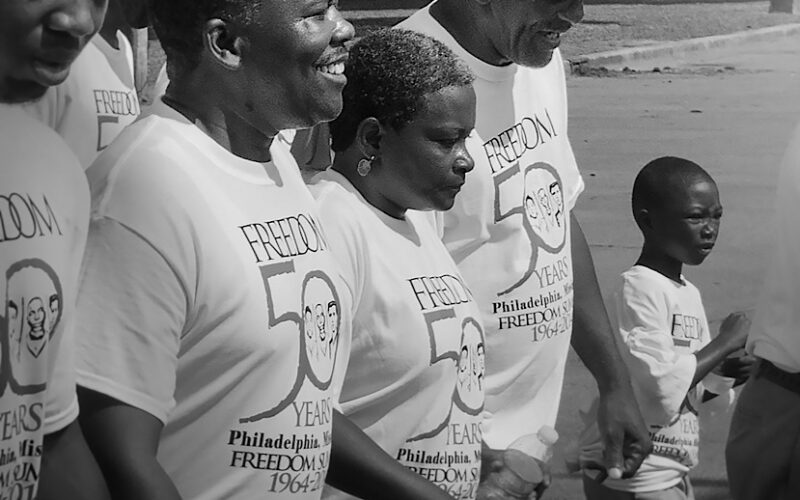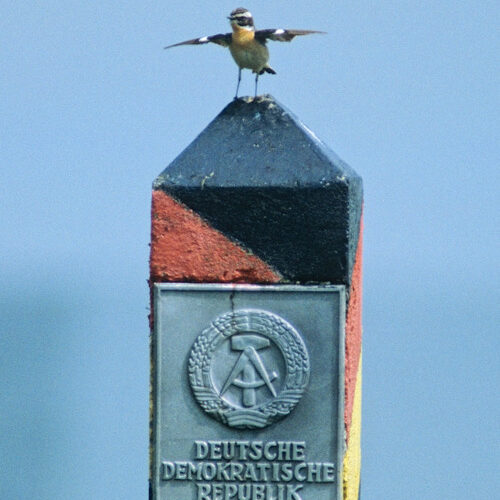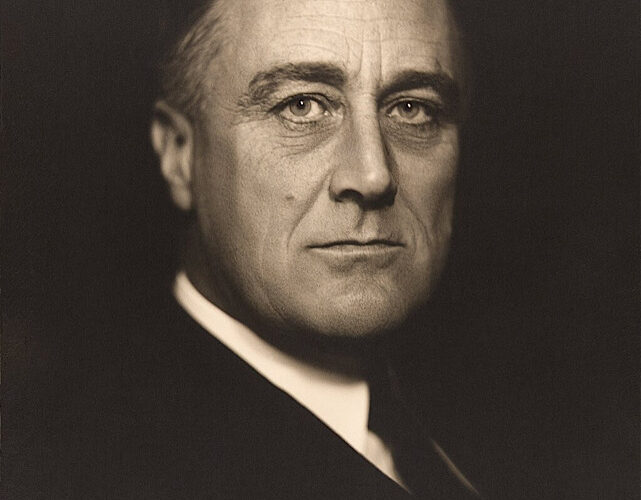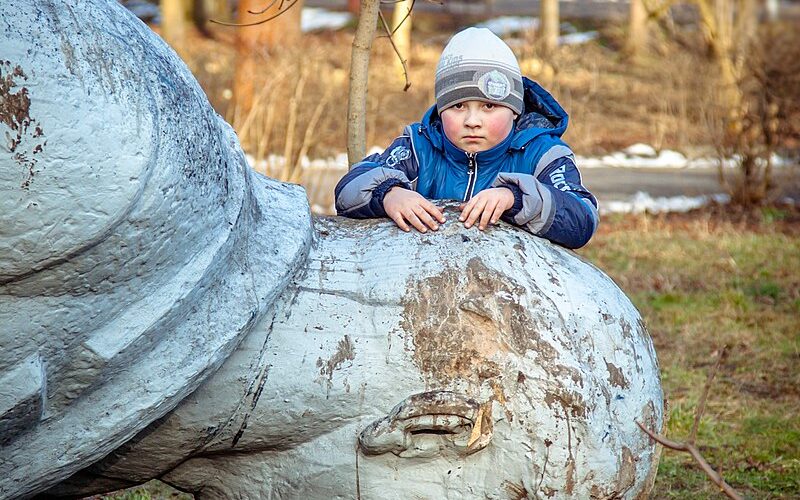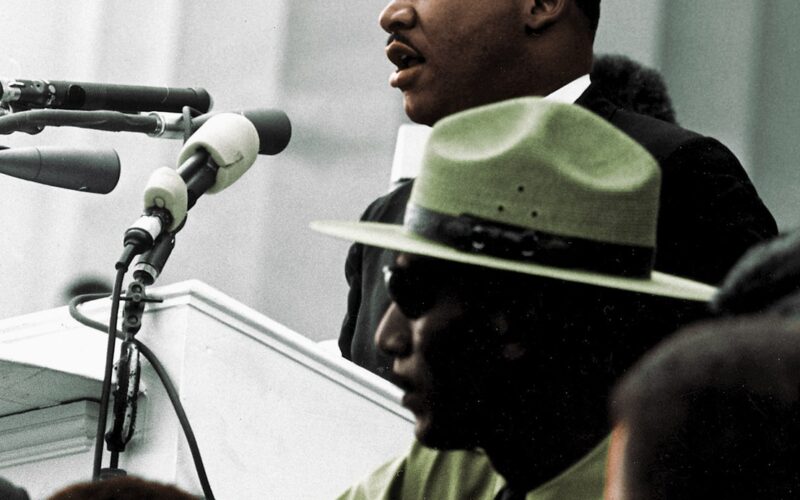Episode 40: The Great Patriotic War and Family Memory in Putin’s Russia
The Great Patriotic War, shorthand for the war against Nazi Germany, has become the focal point of Russian nationalism under Vladimir Putin. Memories of the war bolster the legitimacy of Putin’s grip on power while offering Russians a feel good narrative about their national past. Rather than reducing the celebration of the Great Patriotic War…
Read More
